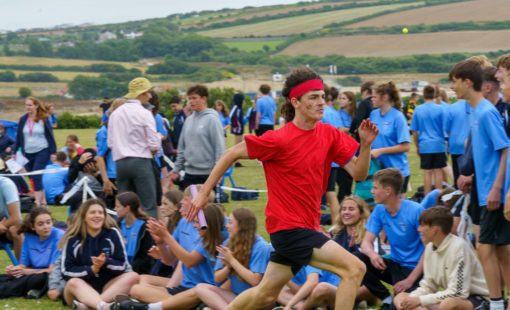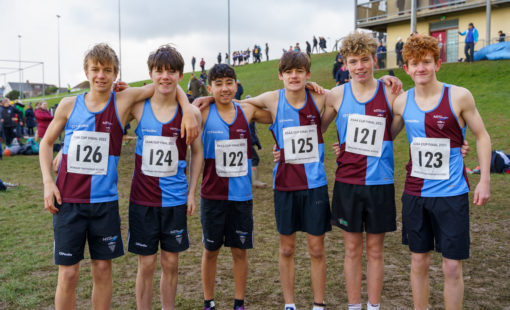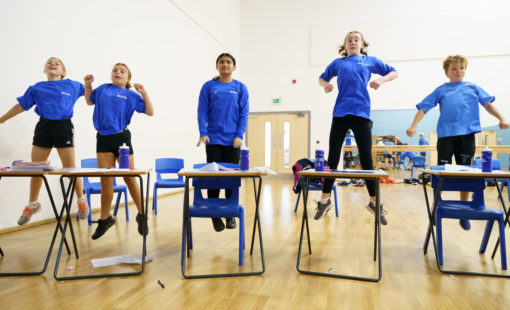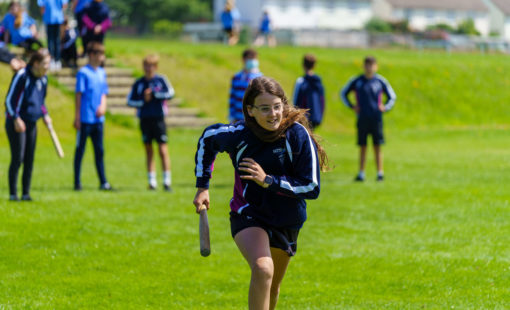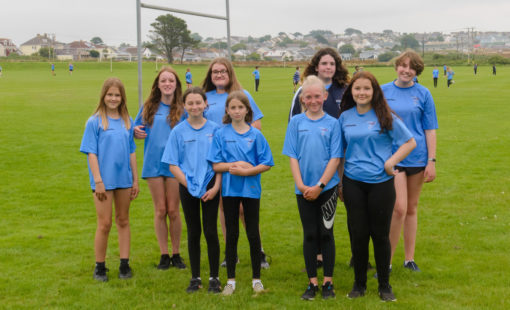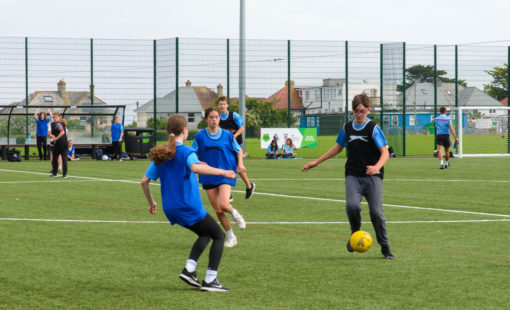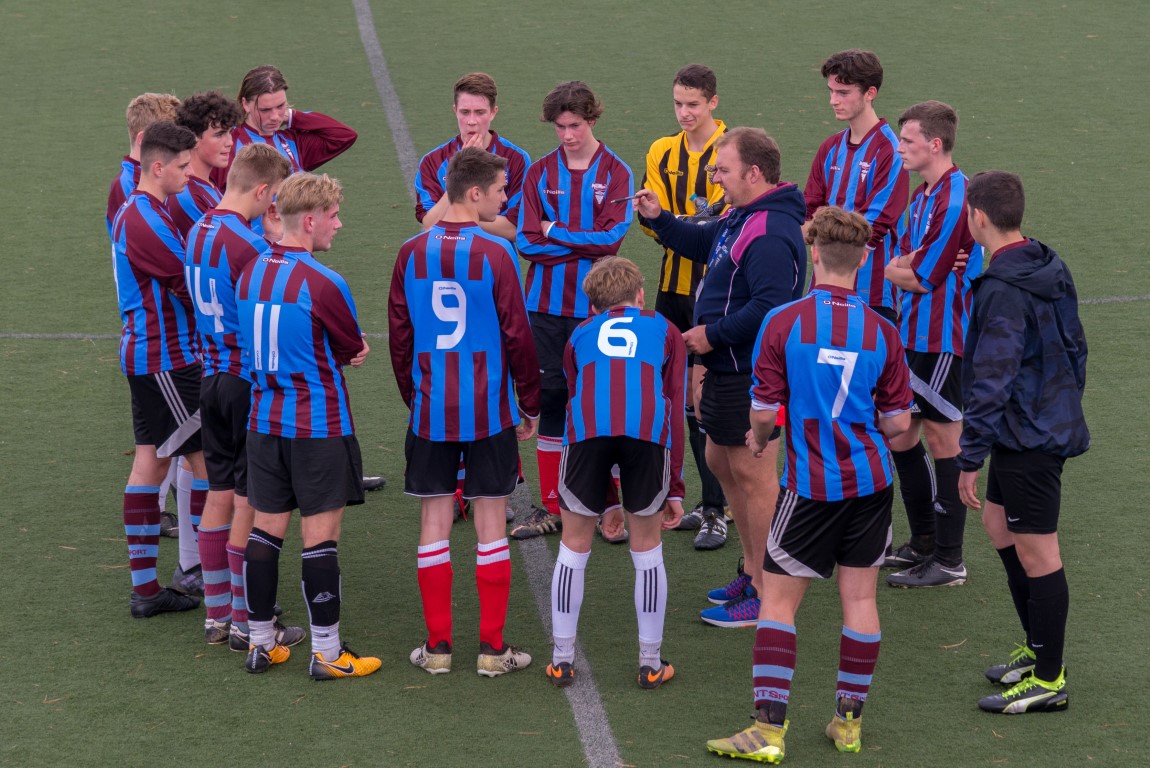
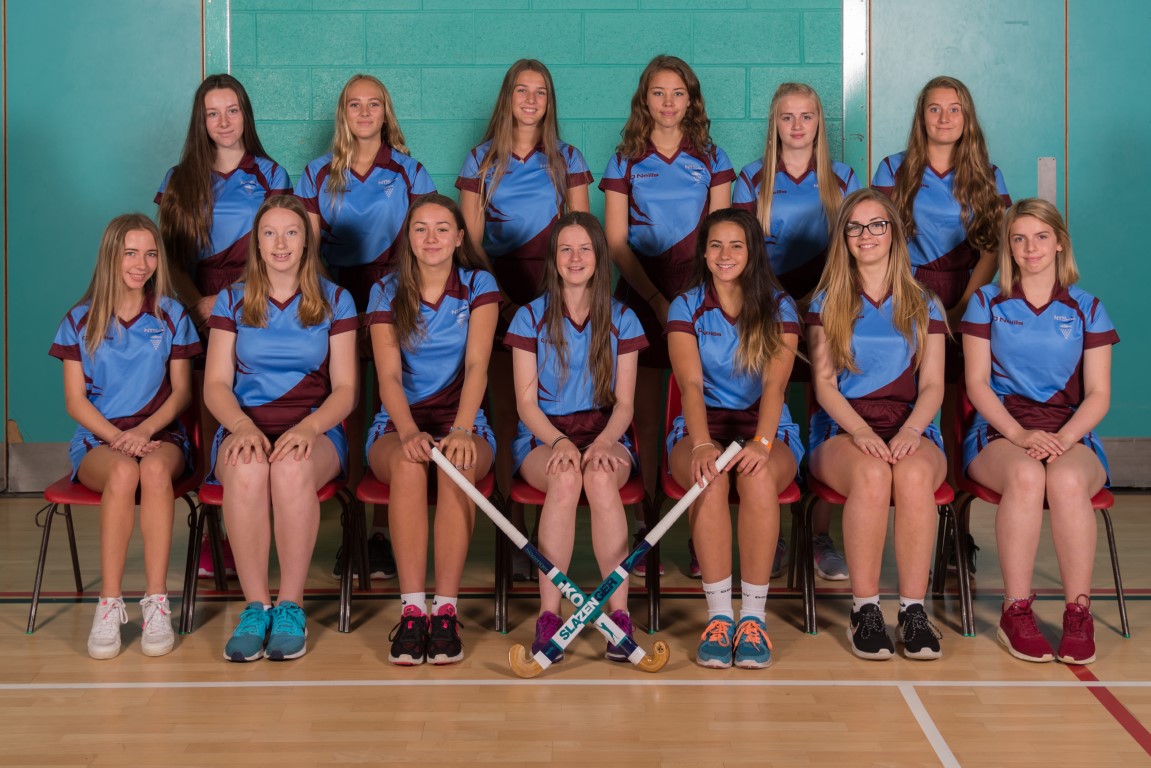
MODULAR
This course examines the anatomical, physiological and psychological theories in a sporting context as well as looking at sport and society and technology in sport.
Course Content – Paper 1
Section A: Applied anatomy and physiology
Students will develop knowledge and understanding of the changes within the body systems prior to exercise, during exercise of differing intensities and during recovery. Students will be able to interpret data and graphs relating to changes within the musculo-skeletal, cardiorespiratory and neuro-muscular systems and the use of energy systems during different types of physical activity and sport, and the recovery process.
Section B: Skill acquisition
This section focuses on how skill is acquired and the impact of psychological factors on performance. Students will develop knowledge and understanding of the principles required to optimise learning of new, and the development of existing, skills in a range of physical activities. Students will be able to understand and interpret graphical representations associated with skill acquisition theories.
Section C: Sport and society
Students will develop knowledge and understanding of the interaction between, and the evolution of, sport and society. Students will be able to understand, interpret and analyse data and graphs relating to participation in physical activity and sport.
Assessment – Written exam: 2 hours
Practical Performance assessment throughout the 2 years – 30% (Consisting of 15% practical assessment and 15% written/ verbal analysis of performance.)
Course Content – Paper 2
Section A: Exercise physiology and biomechanics
Students will understand the adaptations to the body systems through training or lifestyle, and how these changes affect the efficiency of those systems.
Section B: Sport psychology
In this section students will develop knowledge and understanding of the role of sport psychology in optimising performance in physical activity and sport. Students will be able to understand and interpret graphical representations associated with sport psychology theories.
Section C: Sport and society and technology in sport
Students will develop knowledge and understanding of the interaction between, and the evolution of, sport and society and the technological developments in physical activity and sport.
Assessment – Written exam: 2 hours
Practical Performance assessment throughout the 2 years – 30% (Consisting of 15% practical assessment and 15% written/ verbal analysis of performance.)
Overall Assessment – A Level Physical Education
Written exams 2 x 2hr exam = 70% of the A level Practical Performance Assessment- 30% of the A level (Consisting of 15% practical assessment and 15% written/ verbal analysis of performance.) Entry Requirements Candidates will need to have achieved 5 GCSEs at B and above including Science, Maths and English. Expectations Candidates will need to be regularly training and competing in one sport at club level on a regular basis. Outside the Classroom Enrichment opportunities to support learning and career development include visits to Marjon’s Sport Science fitness testing laboratory and talks from professionals from the Sports industry. The opportunity to gain additional qualifications are available in a range of sports such as the NARs Pool Lifeguard, FA level 1 Coach Award.
Entry Requirements
Candidates will need to have achieved 5 GCSEs at grade 6 and above including Science, Maths and English
Reasons to Study this
This course will enable you to access relevant higher education degree courses such as Sports Science, Sports Coaching, Health and Fitness, Sports Therapy etc. Possible future careers could include; teaching, coaching, physiotherapy, sports retail, sports therapy, sports nutrition, journalism, sports development.
Find Out More
Come and speak to one of the PE team for further information or go to www.aqa.org.uk/physicaleducation

